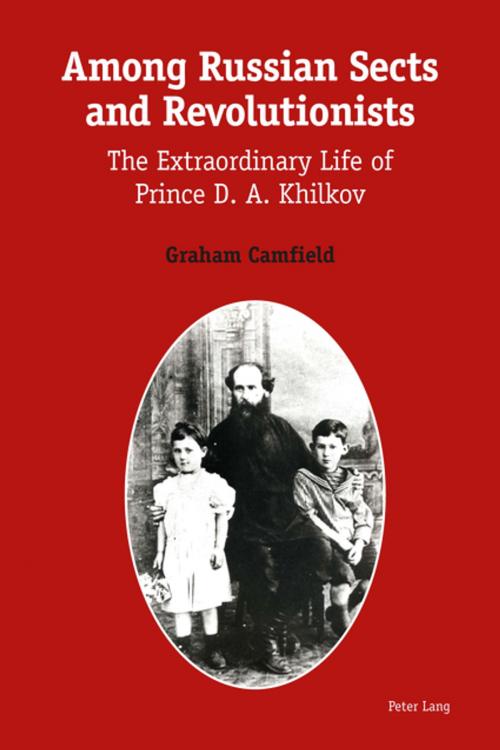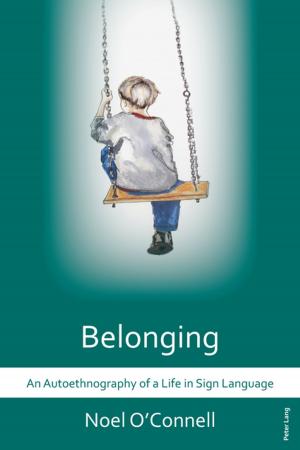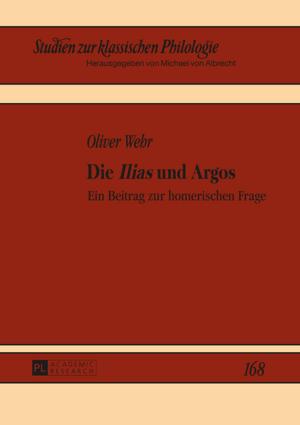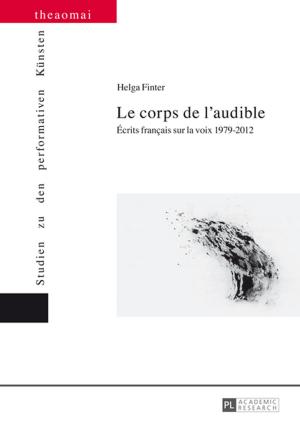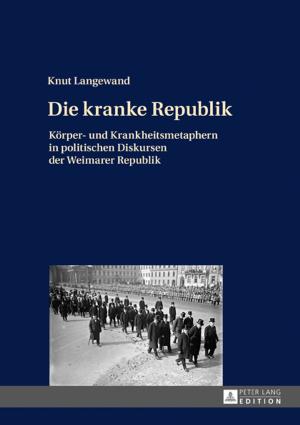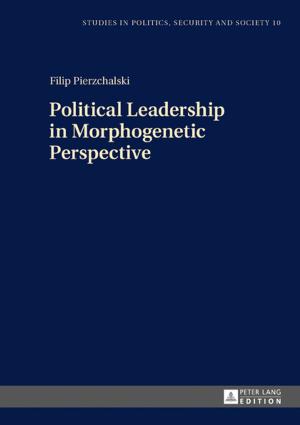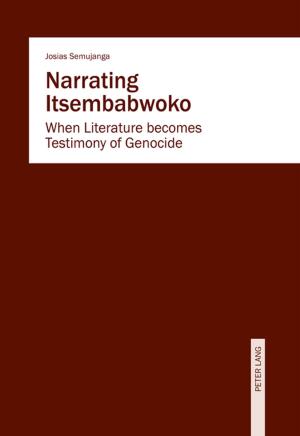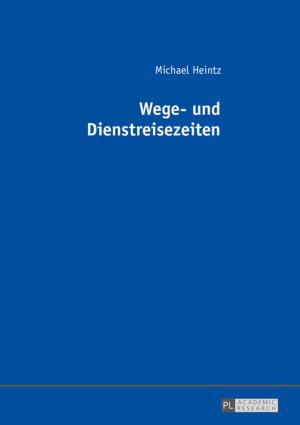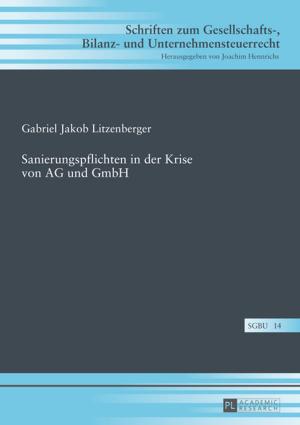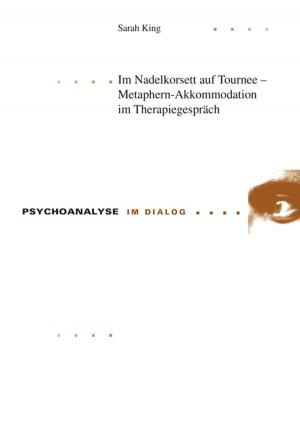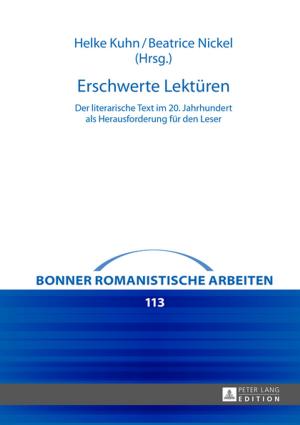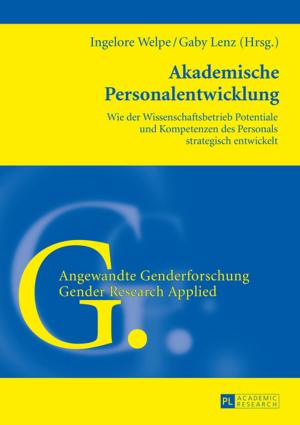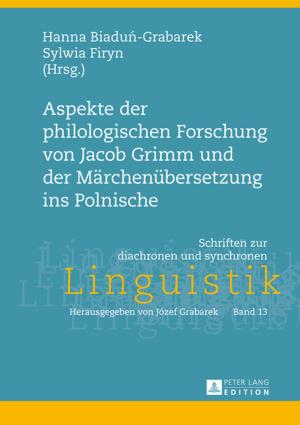Among Russian Sects and Revolutionists
The Extraordinary Life of Prince D. A. Khilkov
Nonfiction, History, Eastern Europe, Social & Cultural Studies, Political Science, Politics, History & Theory| Author: | Graham Camfield | ISBN: | 9783035395846 |
| Publisher: | Peter Lang | Publication: | July 31, 2015 |
| Imprint: | Peter Lang AG, Internationaler Verlag der Wissenschaften | Language: | English |
| Author: | Graham Camfield |
| ISBN: | 9783035395846 |
| Publisher: | Peter Lang |
| Publication: | July 31, 2015 |
| Imprint: | Peter Lang AG, Internationaler Verlag der Wissenschaften |
| Language: | English |
In his lifetime Prince Dmitrii Aleksandrovich Khilkov (1857–1914) became known in a number of seemingly contradictory roles and contexts: courageous officer, Tolstoyan, defender of the oppressed, leader of the Dukhobor exodus, revolutionary terrorist and returning Orthodox prodigal. Born into one of Russia’s ancient aristocratic families, with close links to the court, he chose an unexpected path that led him deep into the Russian countryside and brought him to the very edge of the Empire. Renouncing a brilliant military career, he gave up almost all his land to the peasants and settled on a small farm at Pavlovki, Khar’kov province. There, his support for peasants at variance with local landowners and the Church brought him into conflict with authority, both civil and ecclesiastical, and led to his exile, firstly among religious dissidents in Transcaucasia and later among political émigrés in Switzerland.
Using a wide range of often obscure published sources, this book explores Khilkov’s extraordinary life through his autobiographical notes and the accounts of many who knew him, among them Lev Tolstoi and his disciples, the Marxist Vladimir Bonch-Bruevich, fellow members of the Socialist Revolutionary Party and the Orthodox clergy who guided him back to the Church.
In his lifetime Prince Dmitrii Aleksandrovich Khilkov (1857–1914) became known in a number of seemingly contradictory roles and contexts: courageous officer, Tolstoyan, defender of the oppressed, leader of the Dukhobor exodus, revolutionary terrorist and returning Orthodox prodigal. Born into one of Russia’s ancient aristocratic families, with close links to the court, he chose an unexpected path that led him deep into the Russian countryside and brought him to the very edge of the Empire. Renouncing a brilliant military career, he gave up almost all his land to the peasants and settled on a small farm at Pavlovki, Khar’kov province. There, his support for peasants at variance with local landowners and the Church brought him into conflict with authority, both civil and ecclesiastical, and led to his exile, firstly among religious dissidents in Transcaucasia and later among political émigrés in Switzerland.
Using a wide range of often obscure published sources, this book explores Khilkov’s extraordinary life through his autobiographical notes and the accounts of many who knew him, among them Lev Tolstoi and his disciples, the Marxist Vladimir Bonch-Bruevich, fellow members of the Socialist Revolutionary Party and the Orthodox clergy who guided him back to the Church.
